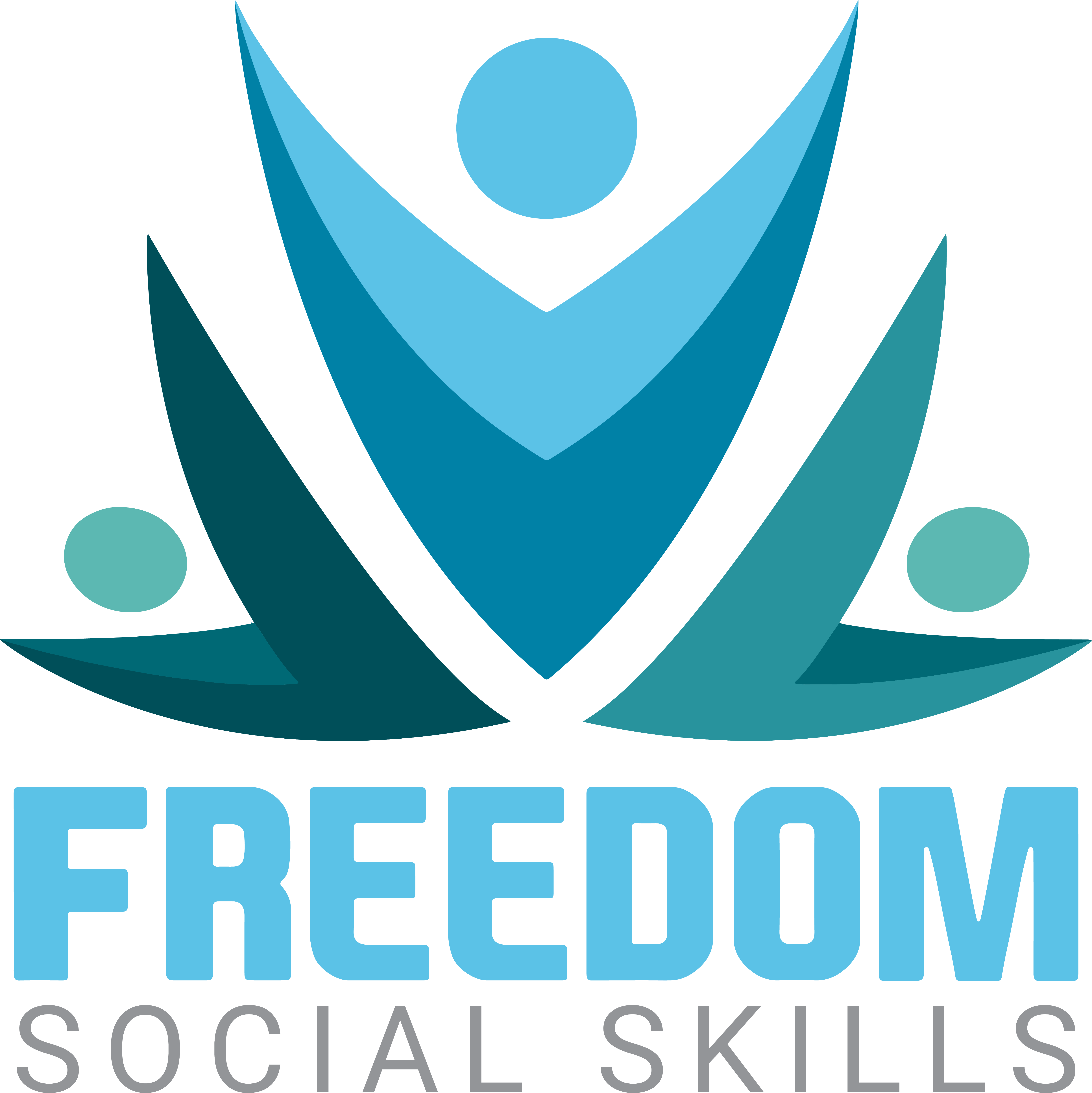Social skills are the behaviours, verbal and non-verbal, that we use to communicate effectively with other people. There are social differences among those who share different cultures, beliefs, and attitudes. It is important for children to learn social skills from an early age to develop confidence, cooperation, curiosity, and communication, all of which are critical for classroom learning.
Children with Autism and developmental delays may find it more challenging to develop social skills than neurotypical children. It’s important to provide these children with extra support in developing social skills when preparing for school. Social skills are vital to a child’s ability to learn and interact with peers in a classroom setting and improve their school experience by developing the following:
CONFIDENCE
Social skills are important to build a child’s confidence around their peers. This is especially important for learning in the classroom, as the child can contribute to discussions with relevant and helpful comments, enhancing their learning experience.
Children with greater confidence are more likely to engage in active listening and questioning, including raising their hand to answer or ask questions.
Children with the confidence to greet and interact with others are also more likely to develop friendships, further building their confidence and making their school experience enjoyable.
COOPERATION
Developing social skills such as waiting for your turn, sharing with others and active listening is important for children to learn cooperation and teamwork by working diligently with others.
These skills are not only important in the classroom but are used in everyday life into adulthood. Cooperation skills help with building and maintaining relationships, developing problem-solving skills, conflict resolution, sharing, kindness, and empathy.
By improving cooperation skills, children can participate in positive behaviour in the classroom by learning to follow instructions, listen to others and collaborate with peers.
CURIOSITY
Learning is not only achieved by listening but by actively listening and asking questions. Developing the child’s desire to learn is critical for the classroom, as they are more likely to focus, engage in classroom learning and participate in the discussion.
Allowing children to explore and engage in their special interests and ask questions about their world is important. If your student asks a question about a topic, instead of saying ‘I don’t know’, or telling them the answer, you might say ‘Let’s find out’ and find out the answer together.
COMMUNICATION
Social skills are key in building strong communication with peers and are important for both academic learning and building and maintaining friendships in the classroom. These include using an appropriate tone and volume of voice, reading facial expressions, having open body language, understanding sarcasm assertiveness, and active listening.
EMOTIONAL REGULATION
It is important to teach students skills to overcome and navigate difficult emotions that arise in the classroom and with peers. Children need to know to take a deep breath or take a break and think about a solution. They may need to raise a hand to ask for help, ask a peer to borrow an item or to have a turn. In social situations, children need to learn to compromise, negotiate, apologise and be flexible to have successful interactions with their peers.
If your child needs to support developing social skills, take a look at our Social Skills Class Programs and Holiday Camps. We offer a range of classes tailored for primary or high school students, as well as early childhood with our School Readiness Program.
Our social skills activities focus on developing the skills needed to form and maintain positive relationships and long-lasting friendships. Through a variety of fun and engaging activities, the students learn new social skills.
Contact our friendly team today to find out more.




